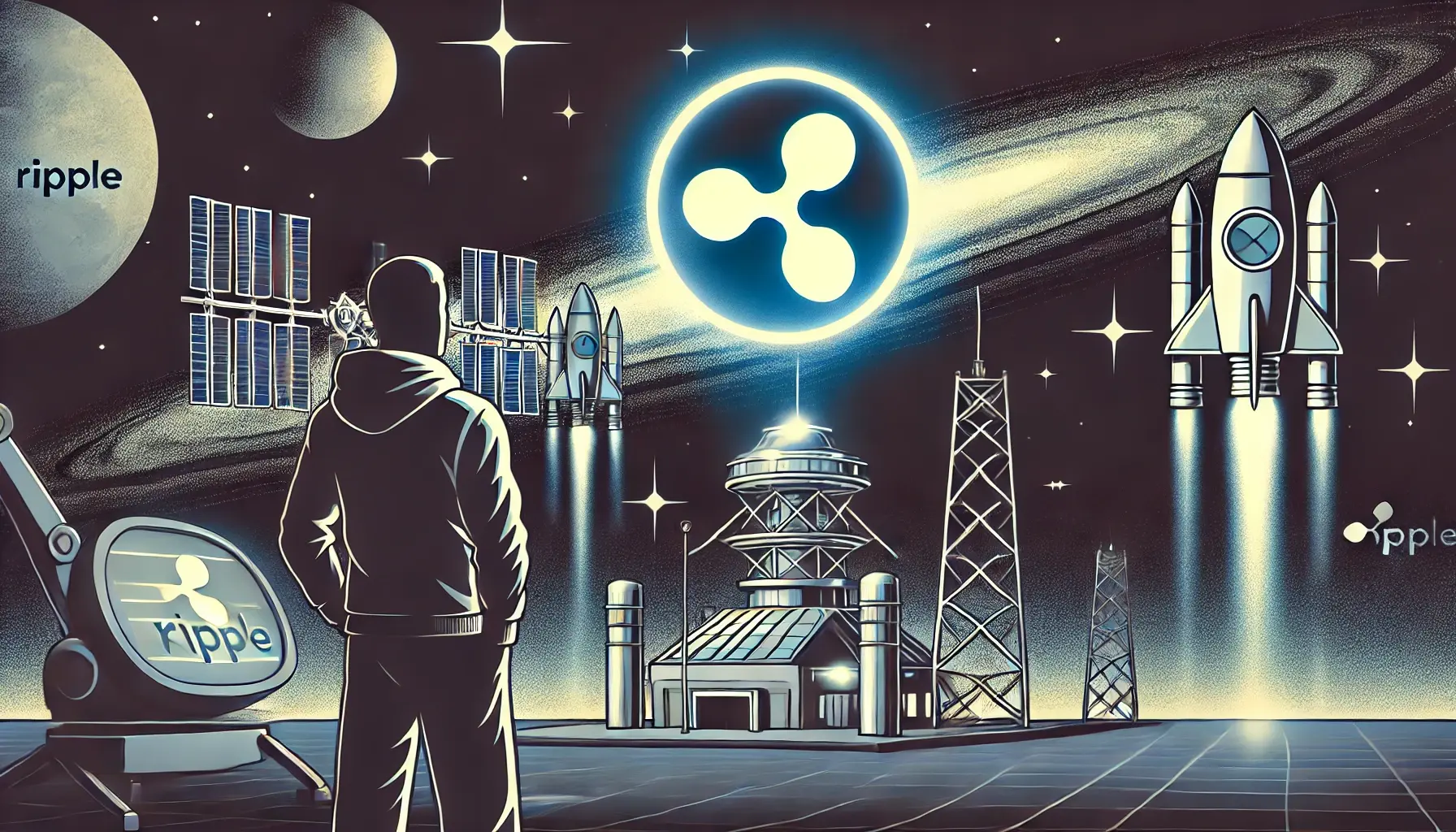In a decisive legal setback for Ripple Labs, the U.S. District Court for the Southern District of New York has rejected a joint motion filed by Ripple and the Securities and Exchange Commission (SEC) to lower the $125 million penalty and overturn the ongoing ban on institutional sales of XRP. The decision, delivered by Judge Analisa Torres, reaffirms the court’s original August 2024 ruling, which imposed the penalty for violations of U.S. securities laws tied to Ripple’s primary offerings of XRP - Reuters.
The court found no sufficient legal justification to alter its prior decision, despite SEC’s withdrawal of its appeal and attempts by both parties to reach a compromise. Torres made clear that established appellate procedures must be followed and that neither public interest nor settlement negotiations constitute adequate grounds for circumventing these processes.
Legal Context and Next Steps
The court’s August 2024 decision had ordered Ripple to pay a civil penalty for violating securities laws, specifically in connection with institutional XRP sales. Although both parties subsequently submitted a joint motion seeking a reduced penalty and release of funds from escrow—proposing $50 million to the SEC and $75 million returned to Ripple—Judge Torres ruled that any change to the penalty or sales ban must follow the established appeals process.
Judge Torres criticized Ripple’s pattern of conduct, noting that the company continued to display willingness to disregard regulatory boundaries, undermining arguments for leniency. The court also emphasized that public interest alone does not meet the standard for vacating existing rulings absent extraordinary circumstances.
In March 2025, the SEC officially withdrew its remaining complaint, and Ripple dropped its counterclaims. However, the June 20 ruling underscores that any modification to the judgment cannot proceed outside the appellate pathway. Legal commentators note that Ripple must now pay the full $125 million penalty, with any refund or further negotiation contingent on additional court approval.
Ripple CEO Brad Garlinghouse previously called the SEC’s withdrawal “a loud victory” and remained optimistic about resolving the long-running dispute. Yet, the latest decision demonstrates that regulatory settlements must comply with judicial processes and cannot override existing sanctions without proper legal review.
Broader Implications for Ripple and XRP
The court’s refusal to soften sanctions keeps significant compliance burdens on Ripple. The company is barred from institutional XRP sales under the current ruling, a major constraint as it seeks to expand its blockchain and payments infrastructure globally. At the time of publication, Ripple’s legal team had not commented on potential further steps.
Notably, Ripple announced in June it will discontinue quarterly reports on XRP sales, citing ongoing regulatory pressure. The SEC-Ripple case has become a landmark in the debate over how U.S. securities laws apply to digital assets and remains closely watched by crypto market participants.

